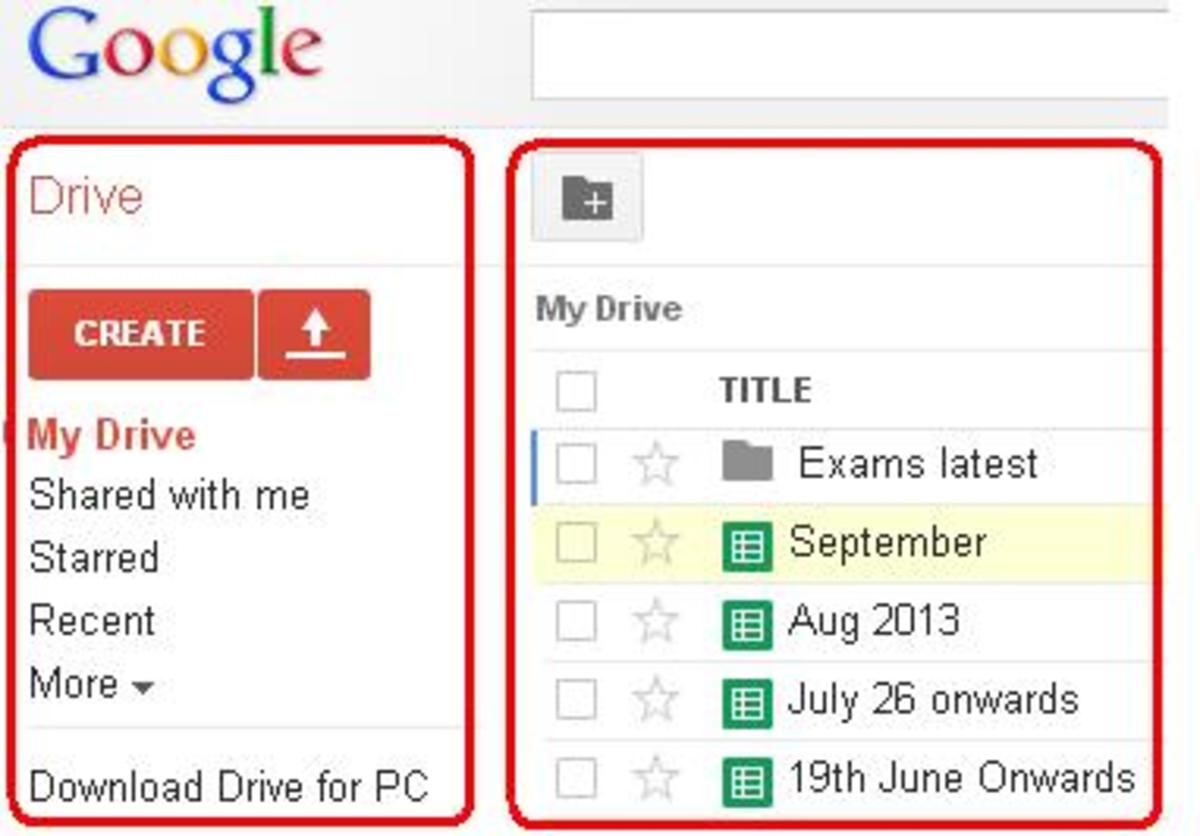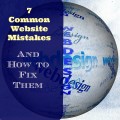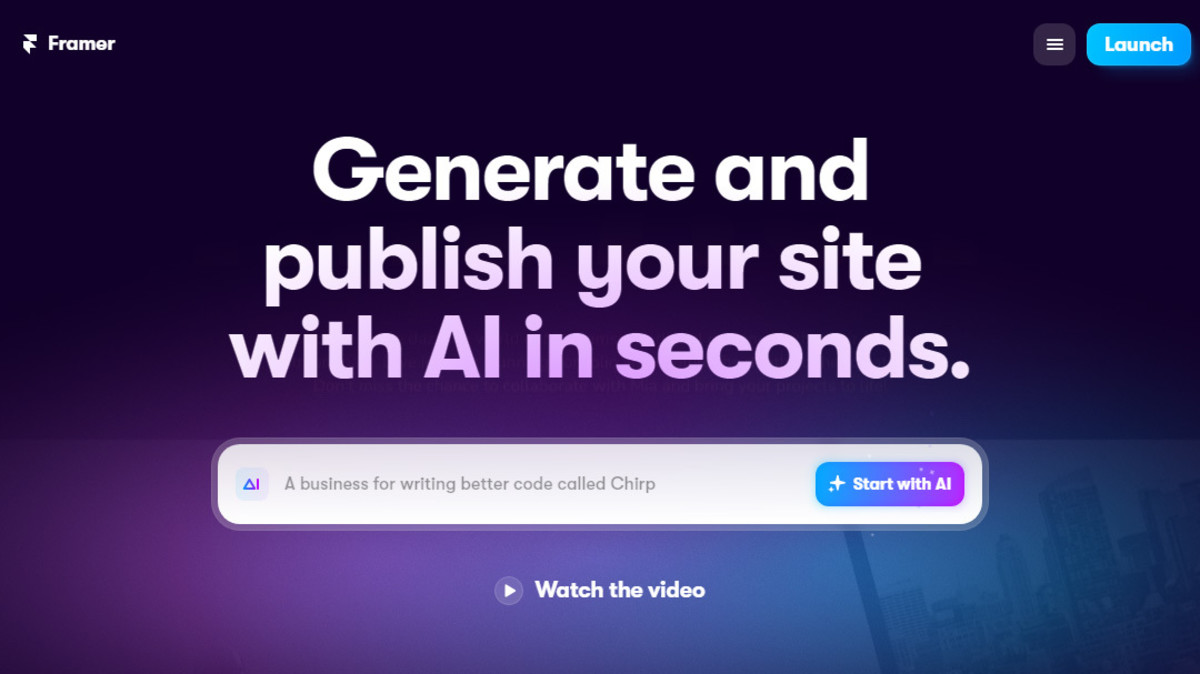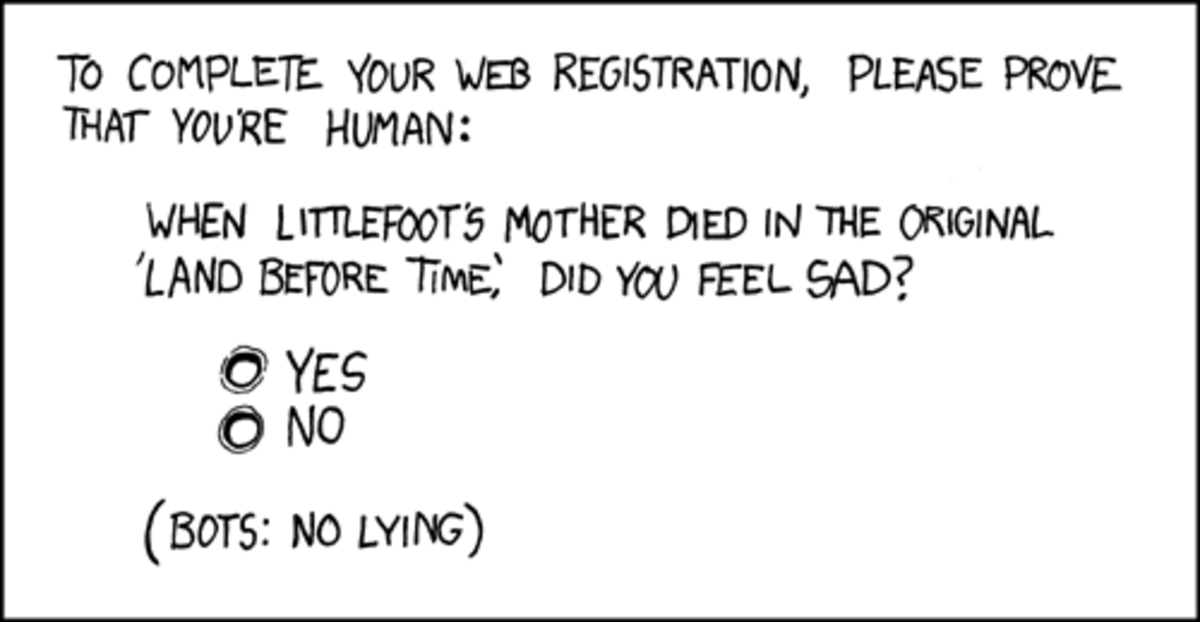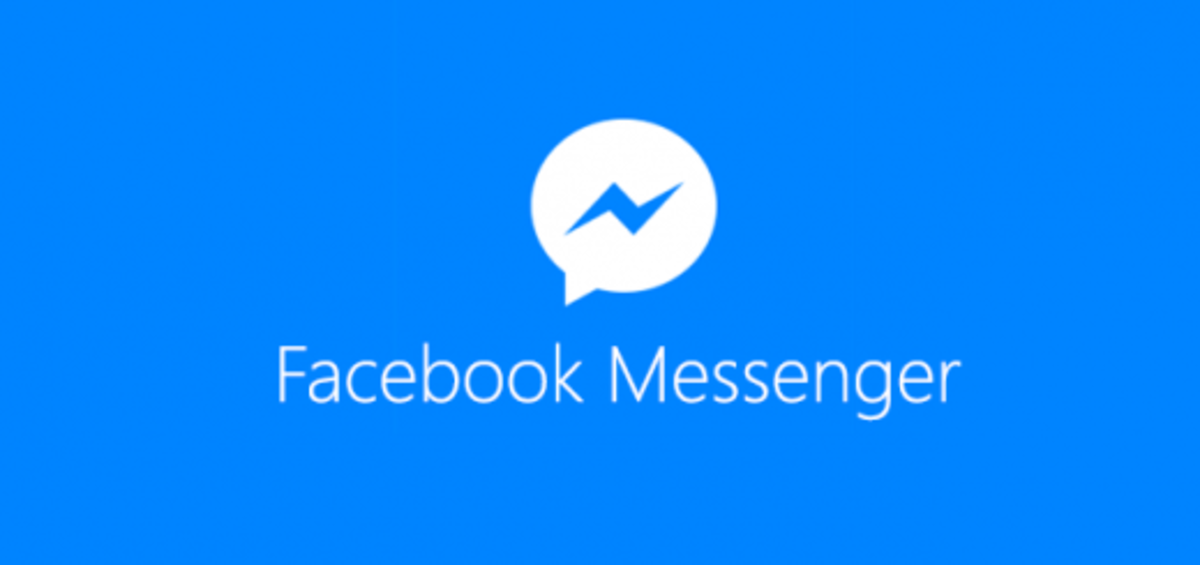10 website security checks you should do on your website
Website security is an essential part of having an online presence. Just as your business computer or home computer can be infected your website can be too. There are some security precautions that you can take to help prevent the unauthorized access to your websites files. These tips can help prevent your website from being redirected, hijacked, or running virus scripts on there when a visitor come to see your content.

1. When building and operating a website many users use FTP transmissions to modify the contents on their site. It makes file management on a website quick easy and potential harmful. When you use FTP always remember to delete the transmission logs after you have completed working your site. If, these files are found a hacker can use them to can access to your files and folders.
2. Scripts When you run scripts on your website like free plug-ins that perform a certain task always make sure you know the person you are receiving it from is a trustworthy source. Always keep up to date with the plug-in information if the developer makes changes always go and install the latest one.
3. Logs/Files – Never leave log information of your files on your website if a hacker were to find these he can then use the information to gain access to your files and folders.
4. File locations – always change default locations of your directories during the installation of programs on your website. This can greatly minimize the chances of a hacker knowing where to look for your files.
5. Readme.txt – these are very dangerous files to have on your websites. They can be used to gather information about programs or scripts which hackers can use to compromise your site. So, always delete readme.txt files, from your site or save them in a location on your local machine.
6. Passwords- always use secure passwords that contain at least one capital letter, one number, and are at least 6-8 characters long. Especially for administration areas of your website. The more complicated you can remember the better.
7. Blanks Folder – One thing that hackers do on websites when hacking is run scripts. These scripts cop information or data to al your directories. One way to confuse these scripts is to just add random blank directory in your website directory tree.
8. File Permissions- When you are using certain programs they sometimes request server permissions to be set a certain way. Always only allow temporary changes to be made when needed then change the server permissions back to the securest that you like.
9. Check – Take time out of your busy schedule once a month to physical check your files and directories look for unusual names, uncommon extensions or anything else that seems to be out of the ordinary on your site.
10. Scans – There are many types of security scans that you can complete and use to scan your website regularly. These scans can detect and find vulnerabilities, malware, or other security threats in your website.


